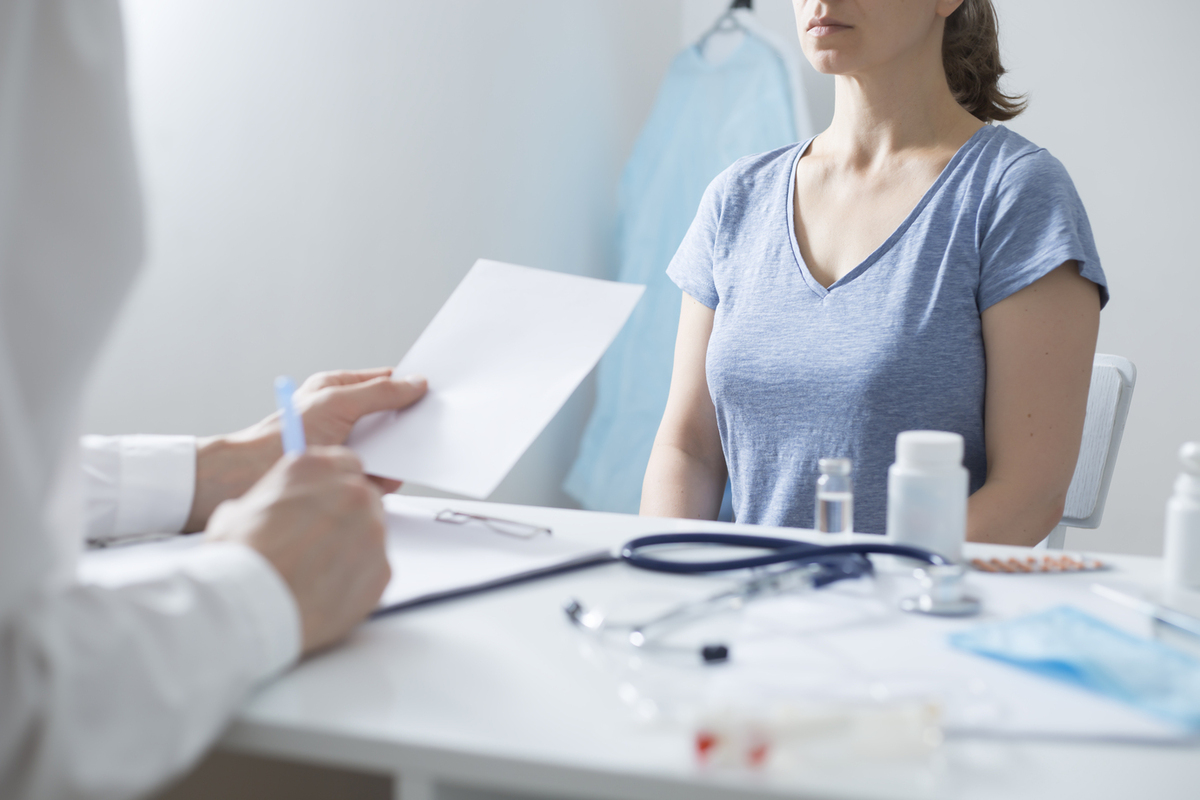While Pap smears are fast being replaced by HPV tests, they are still an important part of routine gynecological health care in many places. What do you need to know about preparing for your first Pap smear?

What is a Pap test?
This question really has two parts — what's a Pap test (more commonly called a Pap smear) for, and what's it like to get one?
The Pap test, named after Georgios Papanicolaou, one of the doctors who was involved in creating it in the early twentieth century, is a screening test designed to detect abnormal changes in the cells of the cervix that indicate a risk of cervical cancer. Screening tests aren't diagnostic tests — they are meant to, in a simple and cost-effective way, determine who is at risk of developing or having a certain condition or illness, and then carrying out further diagnostic tests on those people so that they can receive timely medical treatment.
The more complicated work takes part in the lab. When you go for a Pap smear, you will only have to lie back while a nurse, family doctor, or other medical professional takes a swab using a spatula or long cotton swab. They will first use a speculum, a simple metal device, to gain access to your cervix. This will typically be warmed to make the experience more comfortable for you. The entire process takes no more than a minute — your time in the waiting room will be significantly longer than on the "table".
How often should you get a Pap test?
Recommendations will slightly vary from country to country, but are pretty similar in the grand scheme of things. In the US, the American College of Obstetricians and Gynecologists recommends that you should start getting Pap tests at age 21. Between the ages of 21 and 65, the advice is to get a Pap smear once every three years.
Women who choose to get combined screening for cervical cancer and HPV (human papillomavirus, which is a leading cause of cervical cancer) instead can, meanwhile, have this combined test once every five years. Once you are 65, your doctor will tell you that you do not need Pap tests any more, unless any of your previous results have been concerning.
Note that you are still advised to get regular Pap tests even if you received the HPV vaccine.
How should you get ready for your first Pap smear (or for a subsequent Pap test, if you need a reminder)?
Although having a Pap smear is really not a big deal in and of itself, there are some things you should know if you're getting ready for your first-ever Pap test. If your last test was quite a while ago, you may benefit from some refresher knowledge, as well.
1. Schedule your Pap test to avoid your menstrual period
You may have read that it's best to schedule your Pap smear right after your period has finished, or in the week before your next menstruation is due. That is not simply to make the whole experience more comfortable for you and your health care provider, but also because heavy menstrual flow can interfere with the test results by obstructing access to the cervical cells that the smear seeks to obtain. If you have irregular periods, that can be hard, however — so know that, as long as your flow tends to be mild to moderate, you can, in fact, have a Pap test at any point in your cycle.
2. Make yourself comfortable
If you're a bit anxious about your Pap smear, perhaps because you're new to gynecological exams in general, it's especially important to consider ways to feel more relaxed before the swab. That will make the procedure easier on both your health care provider and you. You may wish to wear loose, comfortable clothing, like a track suit or a maxi dress. This will make it faster to get dressed and undressed. Take some music with you if you want, or if you feel like it, even a friend.
3. What should you avoid doing before a Pap test?
You'll be advised to avoid sexual intercourse for two days prior to the test. While you will absolutely want to have a regular old shower before the test, for your own comfort and as a courtesy to the nurse or doctor who will be doing the swab, you should avoid the temptation of vaginal douching. It will not make you cleaner "down there" — the vagina is self-cleaning and douching only disrupts the normal and healthy microbial flora. Furthermore, douching has the risk of eliminating some of the very cells that a Pap smear is meant to take.
4. Go to get the test
In some countries, you'll have to remember to schedule a Pap test on your own; in others, you'll receive an invitation at the right time, and all you have to do is show up. Research has shown that many women do not go to get their Pap smears even though they know they should. The prime reasons are embarrassment, fear that the results indicate they may have cancer, fear that the tets will be painful, and not trusting their health care providers.
Let's have a quick look at reasons all these concerns are needless:
- Your doctor gets up close and personal with the human body for a living. They see bodies just like yours every day. There is literally no reason to be embarrassed.
- Remember that even if the results are alarming, early diagnosis means access to timely treatment — and therefore better outcomes.
- A Pap smear is not painful for most women.
- If you aren't comfortable with your current doctor, looking for a new physician is a good idea.

